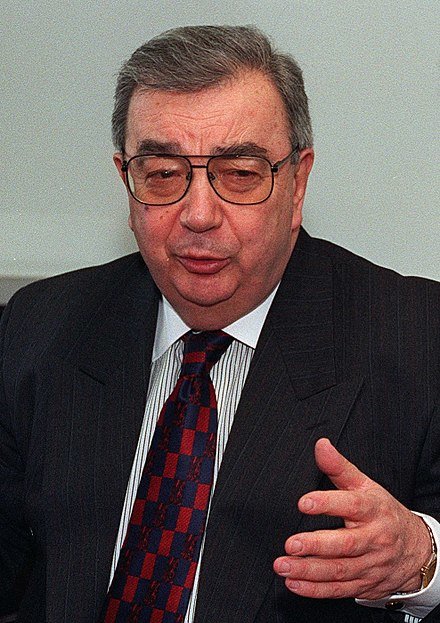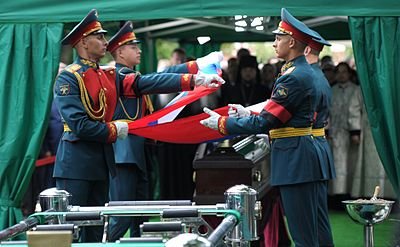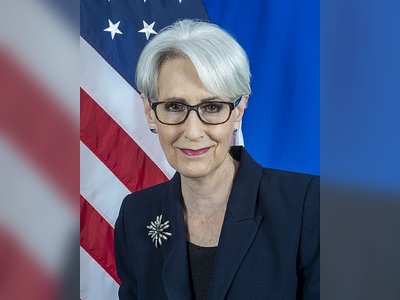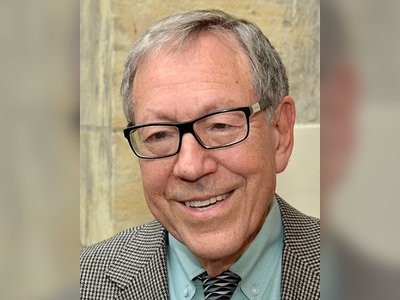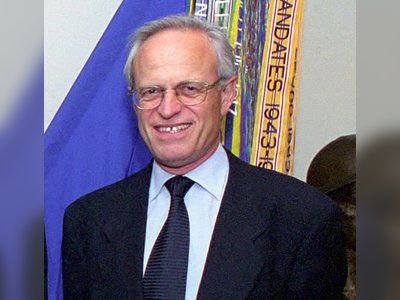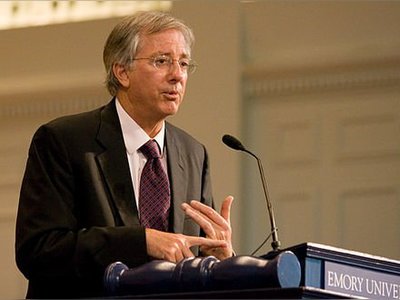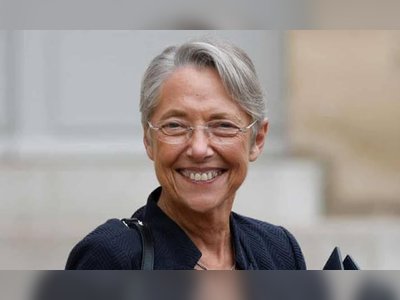Yevgeny Primakov: The Diplomatic Maestro of Russian Politics
Yevgeny Maximovich Primakov (Russian: Евгений Примаков) was a Jewish Russian statesman of Ukrainian origin, born on October 29, 1929, in Kyiv, Ukraine, and passed away on June 26, 2015. He held several high-ranking positions in Russian and Soviet politics, including Russian Foreign Minister (1996-1998), Prime Minister of Russia (1998-1999), and the first Chief of the KGB and the Main Intelligence Directorate of the Soviet Union (1991-1996).
Early Life and Education
Little is known about his father, who likely perished during the Great Purge. His mother was a physician. Despite his Jewish heritage, Primakov was not associated with any Jewish organizations in Russia. Primakov was considered an international expert on Middle Eastern affairs and served as the Soviet Union's head of intelligence for Iraq in the KGB.
Primakov's early years were spent in Kyiv, in the Soviet Ukraine, but he grew up in Tbilisi, Georgia. He received a higher education at the Institute of Oriental Studies in Moscow and also studied at Moscow State University.
Journalism and Intelligence Work
From 1956 to 1970, Primakov worked as a journalist for radio and wrote articles on Middle Eastern affairs for the newspaper "Pravda," of which he later became the chief editor. During his tenure as a Middle East correspondent, he collaborated with the First Chief Directorate of the KGB, where his code name was "Maksim."
As a senior researcher at the Institute of World Economy and International Relations, Primakov joined the scientific community in 1962. From 1970 to 1977, he served as the Deputy Director of the Institute of World Economy and International Relations of the Soviet Academy of Sciences.
From 1977 to 1985, he directed the Institute of Oriental Studies at the Academy of Sciences of the Soviet Union while also holding the position of Deputy Chairman of the Soviet Peace Committee. In 1985, he returned to the Institute of World Economy and International Relations, where he served as director until 1989.
Political Career
Yevgeny Primakov began his political career in 1989 when he became the Chairman of the Supreme Soviet's Council of the Union, one of the two houses of the Soviet parliament. From 1990 to 1991, he was the head of Mikhail Gorbachev's Presidential Council, acting as Gorbachev's special envoy to Iraq during the First Gulf War, where he engaged in negotiations with Saddam Hussein.
After an unsuccessful coup attempt in August 1991, Primakov became the First Deputy Chairman of the KGB. Following the dissolution of the Soviet Union, he became the head of Russia's foreign intelligence service, a role he continuously held until 1996.
Foreign Minister and Prime Minister
From January 1996 to September 1998, Primakov served as the Russian Foreign Minister and played a highly active role in Russia's foreign policy. During his tenure, Russia signed the Founding Act on Mutual Relations and Cooperation with NATO, signaling the end of the Cold War.
He was a key figure in discussions concerning the United States' role in the post-Soviet era. Primakov was also one of the architects of the "Primakov Doctrine," emphasizing Russia's influence in the former Soviet republics and Eastern Europe.
In 1998, he became the Prime Minister of Russia. His tenure as Prime Minister was marked by economic challenges and political crises.
Legacy
The "Primakov Doctrine," which he articulated, remains a cornerstone of Russian foreign policy, emphasizing Russia's sphere of influence in the former Soviet states and Eastern Europe.
In 2014, on the occasion of Primakov's 85th birthday, a documentary film about his life was broadcast on Russian television. Furthermore, one of Russia's strategic missile submarines under construction is expected to be named "Yevgeny Primakov," as proposed by Vladimir Putin.
Yevgeny Primakov was a remarkable figure in Russian and Soviet politics, leaving a lasting impact on the country's foreign policy and diplomatic endeavors.
- יבגני פרימקובhe.wikipedia.org
